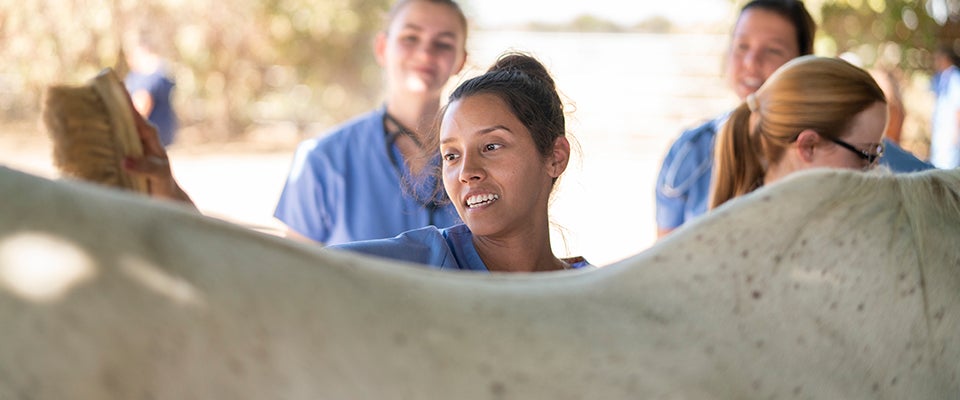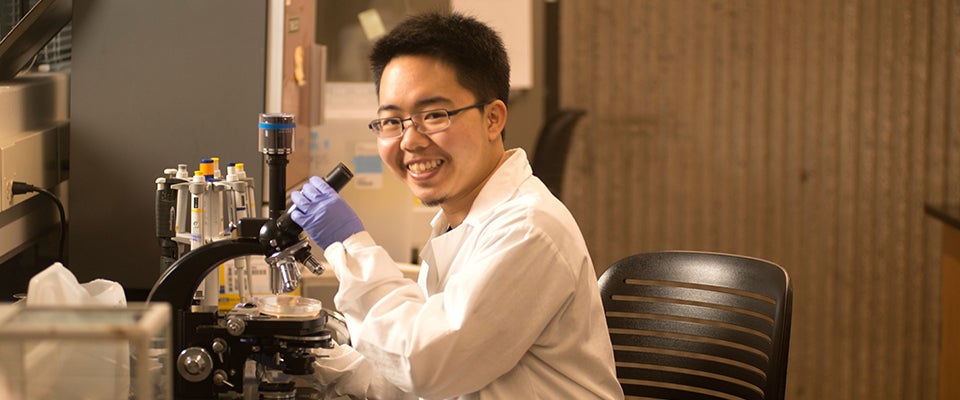Exploring and Choosing a Major: Understanding Yourself
To choose a major, there are simply four things you need to gain more knowledge and information about, and you don’t necessarily have to learn them in any particular order. Once you have learned these four things, you should find yourself ready to declare and pursue a major that you feel is a good fit for you. This entry will focus on an often overlooked, but arguably vitally important component to understand when choosing a major: yourself.
Before you can choose your major, you need to consider just who you are. In other words, you need to learn more about yourself. For example, you need to gain knowledge and understanding about your interests, skills and abilities, personal and professional values, personality traits, personal experiences, and goals:
Personal Interests

This includes what you enjoy or like as well as what you do not enjoy and do not like. Don’t just focus on learning about that which interests you, but also acknowledge those things that you do not find interesting.
Career assessments can be a helpful tool to gain insights into who you are and what you enjoy. Two easy to use free options include: California Career Zone and CareerOneStop.
Skills and Abilities

This definitely includes what you feel are your strengths, the things you feel you do very well. But, it is also important to learn and reflect upon those things you feel you could do better, or do not feel you do well.
The Internship and Career Center offers a useful resource for those interested in taking an inventory of their transferable skills and those can translate into valuable skills and abilities for the workplace.
Personal and Professional Values

Often overlooked by students when trying to choose a major is the importance of knowing what you value. These values may be important to you in your personal life and/or your professional environment.
One's own values are tough to articulate in writing, which is why we often suggest students speak with an advisor one-on-one. Students often don’t think about their values until presented with a situation that either fits with a personal value or not. Values can play a big role in the decision-making process and with one’s happiness with their major and career choices. One might value having a job that makes enough money to comfortably do the things they want to do outside of work, or possibly some may want a job where they have autonomy to decide how to get things done.
Personality Traits
This includes the various qualities (physical, mental, emotional, and/or social, etc.) that make you who you are. We know that individuals often gravitate to work environments with “personalities” that are congruent with their own individual personality type. Often the personality assessments are designed with this idea in mind.
Personality Tests
These help you to learn more about your personality type. Here are just a couple of tests available:
Assessments
Some of these do have a cost. Those listed below can be found on the Internet, while others may be offered by a counselor in the Counseling Services office on campus:
Personal Experiences
This can include work experience, extra-curricular activities, volunteer experiences like community service, events that you’ve been a part of, etc.
Goals

These are the things you know you want to accomplish, to have, to know, to learn, etc. in college, as well as in your life.
Remember, it is important to try to establish a complete picture of yourself before you make a decision about a major or career.
There are a number of resources that can assist you with learning more about yourself. The first of which is your academic advisor. Sit down with them and begin the conversation. And, so many more resources that your academic advisor may be aware of that can assist you with major and career exploration.
In addition, here are some other resources to help, though this is not an exhaustive list:
Books on major exploration
Gordon, V. N., & Sears, S. J. (2009). 'Selecting a college major: exploration and decision making.' (6th ed). Upper Saddle River, NJ: Pearson Education, Inc.
Machado, J. (2002). 'Fishing for a major.' New York, NY: Natavi Guides.
Dr. David Spight is the director of Undergraduate Affairs in the College of Engineering at the University of California, Davis. He has been highly involved in NACADA: The Global Community for Academic Advising, a professional organization focused on enhancing academic advising with nearly 15,000 members nationally and internationally. Spight has presented and published articles on advising undecided students, first-generation students, assessment of advising, and integrating academic and career advising. Spight earned his Doctorate of Education in Higher Education Administration from the University of Alabama.
